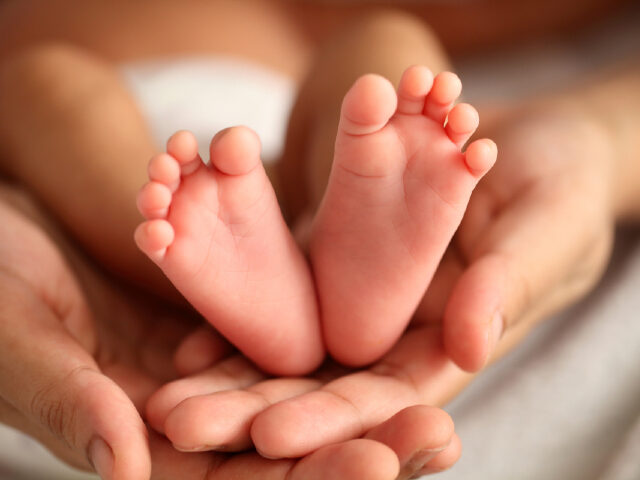A poll has found that around a third of French women of childbearing age say they do not want to ever have children, citing various reasons including fears of climate change.
The survey, which was conducted by the Ifop Institute, spoke to 2,005 women and girls over the age of 15 and found that around a third of those of childbearing age, defined for the purpose of the study as being between 18 49 years of age, were not interested in ever having children in their lifetimes.
Among those who did not wish to ever have children, 50 per cent said they did not think that having a child was essential to their own personal development while 48 per cent said they simply did not to bear want the responsibility of raising a child, the newspaper Le Figaro reports.
Broken down by political affiliation, nearly half of those who support the French Greens (EELV) said they did not want children, and many of the respondents who said they did not want children cited the environment and climate as reasons for not wanting to become mothers, with a smaller percentage fearful of overpopulation.
Among those on the opposite side of the political spectrum, such as supporters of Marine Le Pen’s National Rally (RN), a majority of women said they wanted to have children.
The survey also found that women from more working-class backgrounds were much more likely to want children compared to those from professional backgrounds such as female business leaders.
While France has one of the higher birth rates in the European Union, the country has seen several years of decline and is well below the replacement level of 2.1 children per woman. A report released last year noted that the French birth rate was around 1.84 children per woman and that 2020 saw the lowest number of births in the country recorded since the end of the Second World War.
For many, not having children — even not having children they would otherwise wish to have — is a fundamentally economic decision as economies transform and push couples away from traditional families. While some governments have encouraged this shift, emphasising the economic potential of women who have fewer children, or at least who don’t raise their children, others have taken a different path, like central Europe’s Poland and Hungary which are going for natural population growth rather than mass migration.
While the programmes of family support pursued by such nations have already been seen to be having an impact on birth rates, it will likely take years if not decades to overcome the staggeringly low starting point that most European states’ birth rates are at.

COMMENTS
Please let us know if you're having issues with commenting.